
Next week’s Camp Au Pair theme is Cars & Trucks.
Crafts, recipes, activities, and games related to all kinds of vehicles can all be found here on the Camp Au Pair – Cars & Trucks pinboard.
Field Trips can be a great way for kids to learn and have new experiences. If your host parents are okay with you taking the kids to any outdoor, socially distanced activities, here are a few places to go, that fit this theme:
- Look for construction areas where the kids can observe big machines in action. Kids should observe from the car or a safe area.
- Keep an eye out for the trash truck and let them watch the truck in action.
- Go to a drive-through car wash or let the kids make their own car wash at home.
- Look for a go kart track in your area. Before you go, check the website to find out what the age and/or height requirements are for children.
Videos – Mighty Machines & Amazing Big Trucks are kid-friendly video channels showing machinery and big trucks in action. Look for fun videos on YouTube about cars and trucks.
Movies – Cars, Cars 2 & 3, Turbo, Bumble Bee, Chitty Chitty Bang Bang & Bob the Builder Mega Machines movies all fit this theme.
Books – Check your kids’ bookshelf for books on cars & trucks. You can also find many read aloud book videos on YouTube. Little Blue Truck, Trash Trucks, Cool Cars and Don’t Let the Pigeon Drive the Bus are a few fun ones to get you started.
Image: funlearningforkids.com

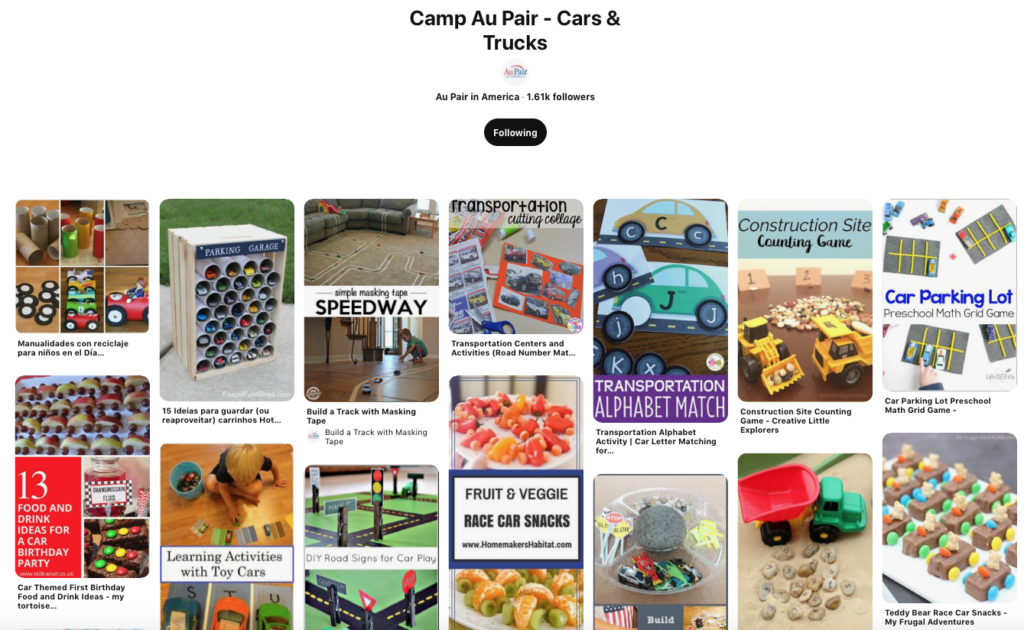


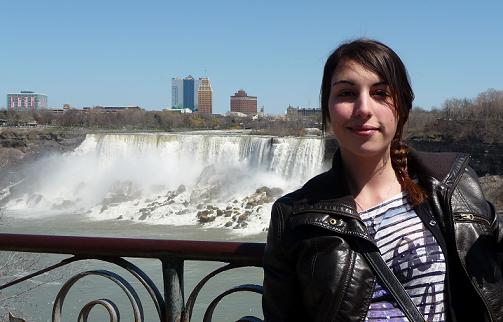
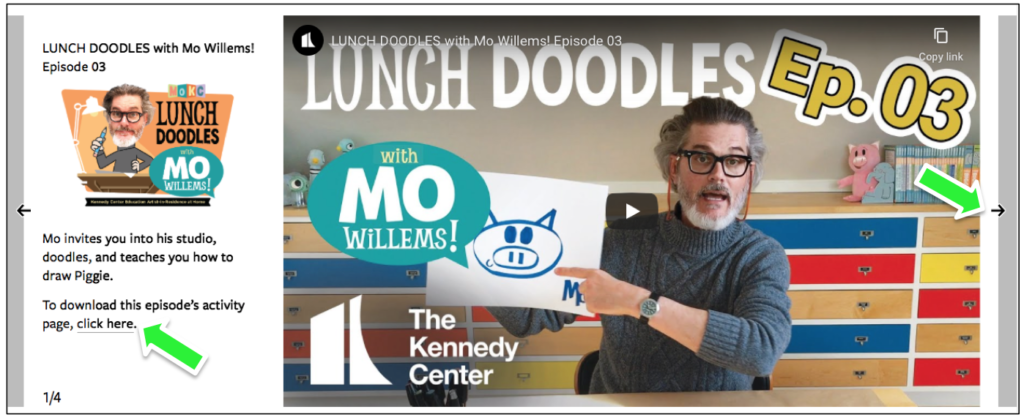

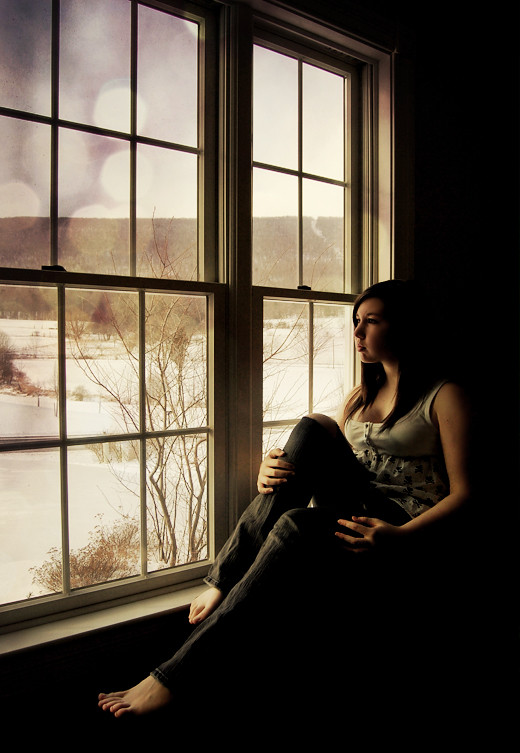 What is social distancing?
What is social distancing?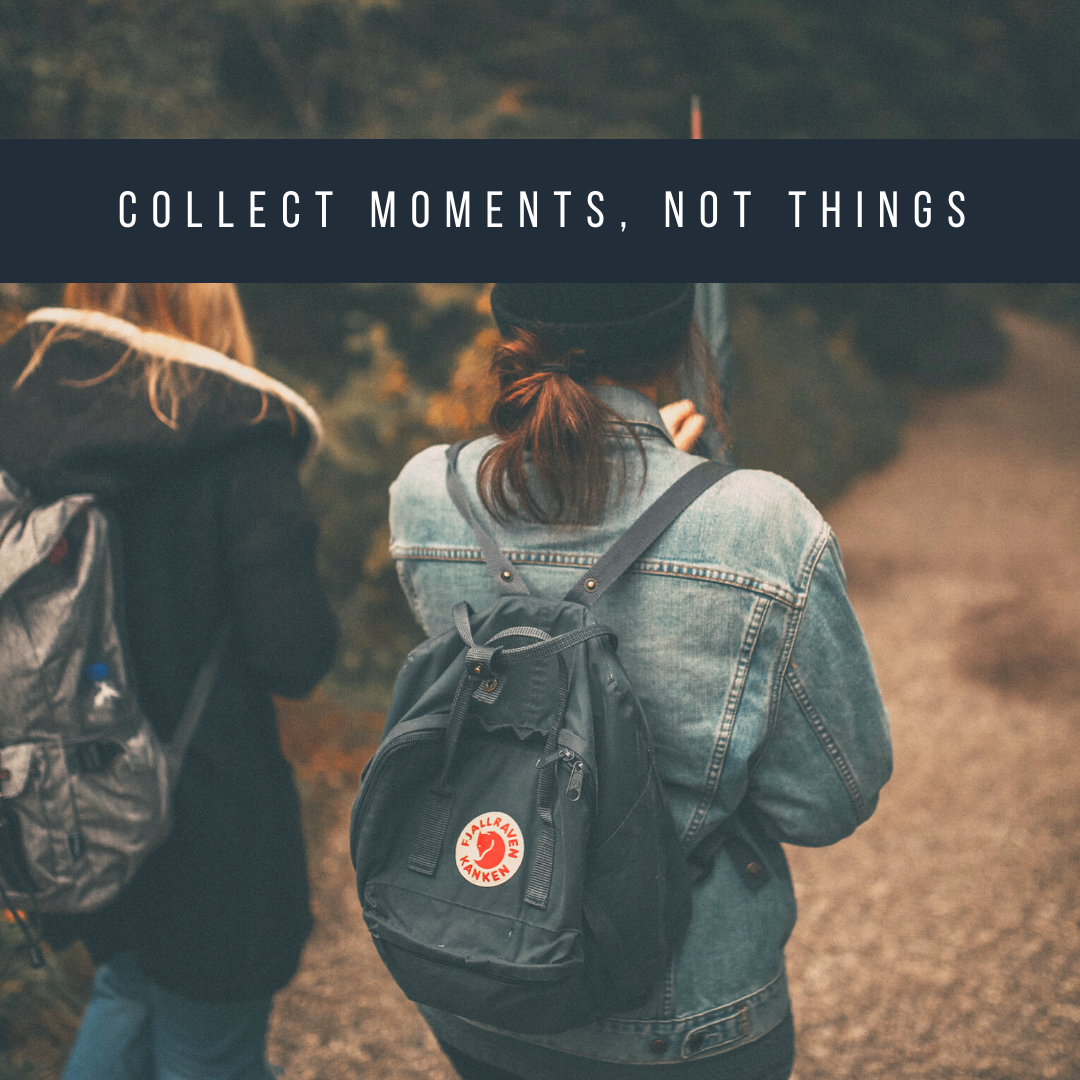
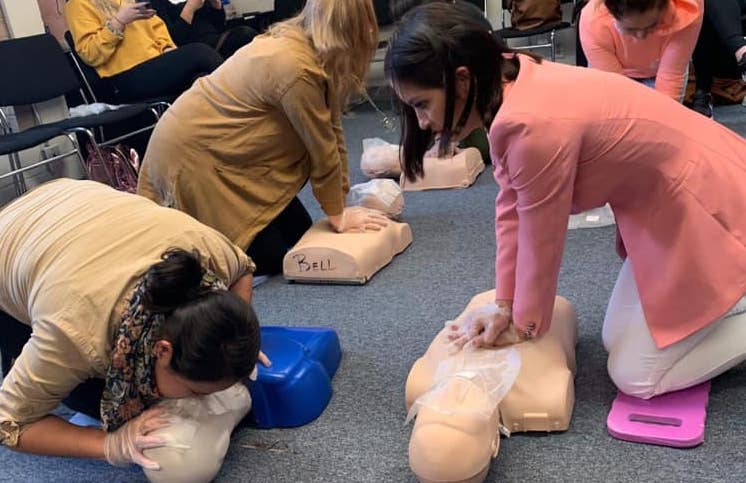
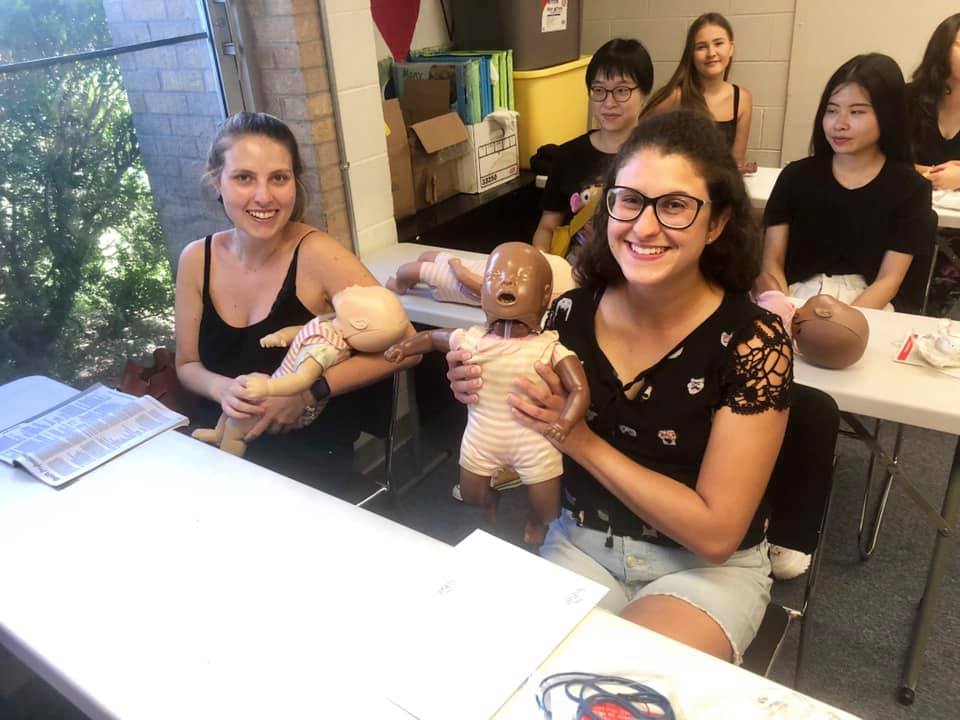 Classes are available through the Red Cross. Au Pair in America will pay for the cost of a class providing an au pair has at least six months left on her visa and is taking one of several approved childcare/child safety-related classes, such as Adult and Pediatric First Aid/CPR/AED. Au pairs should check with their community counselor and host family before signing up. Au Pair in America will register the au pair directly.
Classes are available through the Red Cross. Au Pair in America will pay for the cost of a class providing an au pair has at least six months left on her visa and is taking one of several approved childcare/child safety-related classes, such as Adult and Pediatric First Aid/CPR/AED. Au pairs should check with their community counselor and host family before signing up. Au Pair in America will register the au pair directly. Almost everyone experiences culture shock when they come to a completely new environment. Everything is different: the language, the food, and the people.
Almost everyone experiences culture shock when they come to a completely new environment. Everything is different: the language, the food, and the people.